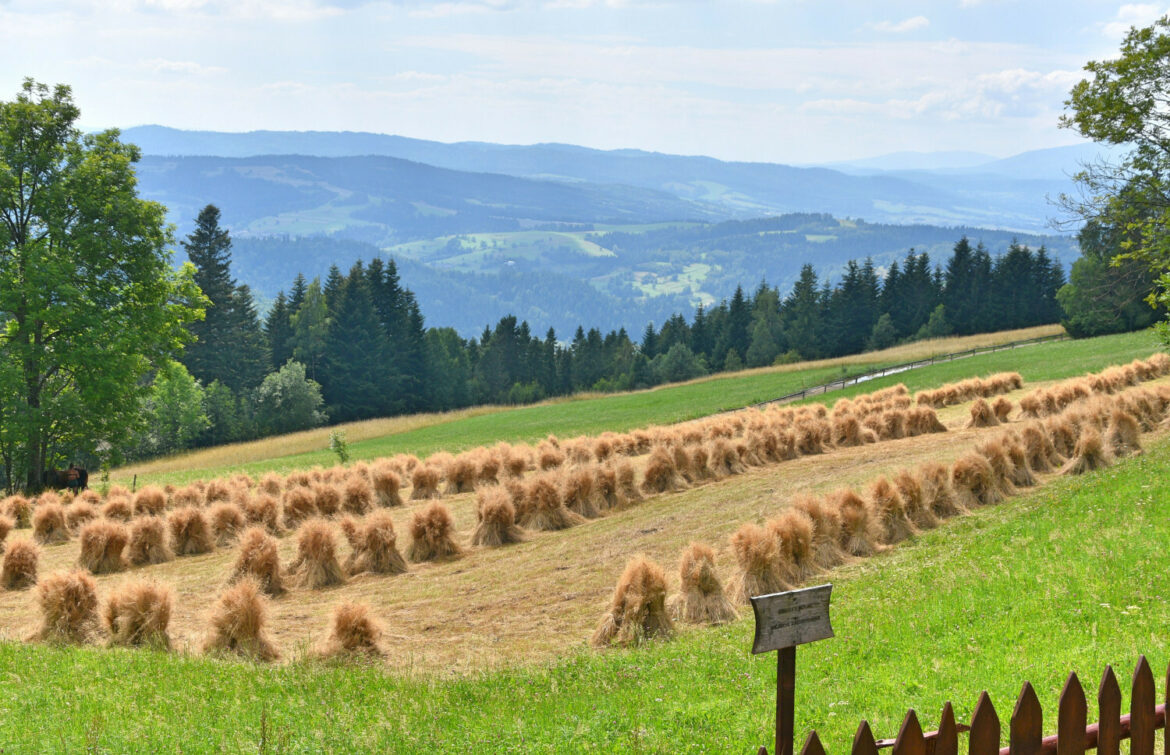ORLEN Group will buy and use cereal straw from Polish farmers to produce an environmentally friendly petrol additive – second generation bioethanol, i.e. from non-food products. ORLEN Group will spend around PLN 1.12bn on the investment in the modern bio-product, and its production should begin in 2025.
According to the Płock-based company, the capacity of the installation currently under construction at the Jedlicze plant, which belongs to ORLEN Południe, will amount to 25,000 tonnes of bioethanol per year. This is an amount that will make it possible to fill almost 13 million passenger cars with petrol with this bio-additive. The production complex under construction will be the first of its kind in Poland and the second in Europe.
The use of the modern bio-product in transport as a petrol additive will contribute to the company’s fulfilment of the National Indicative Target. It will also be another important step towards achieving emission neutrality by ORLEN Group by 2050, as biofuels are produced from renewable sources, thus significantly reducing CO2 emissions. The investment, which will be worth around PLN 1.12 billion, has received nearly PLN 68 million in co-financing from the National Fund for Environmental Protection.
The realisation of the complex will also strengthen ORLEN Południe’s position as a leader on the domestic biofuels market, as well as an employer in the region. Around 50 new jobs will be created at the refinery, including for specialists in advanced biotechnology.
The investment in Jedlicze will strengthen cooperation with farmers and enable the potential of Polish agriculture to be exploited. Second-generation bioethanol, unlike first-generation biofuels, will be produced from agricultural residues, primarily cereal straw. In connection with the launch of the installation, annual demand for this product is estimated at around 150 000 tonnes. This is the equivalent of the harvest from 30,000 hectares of fields.
Adrian Andrzejewski





